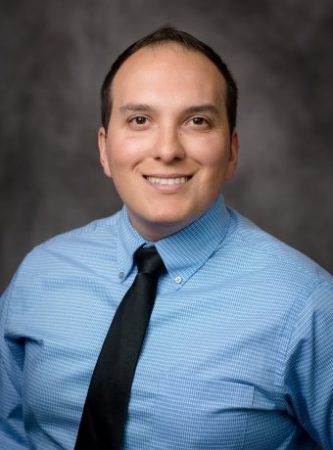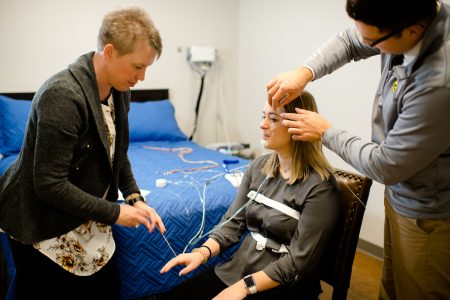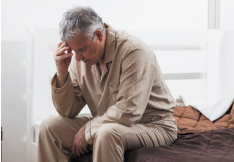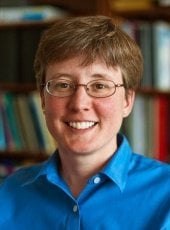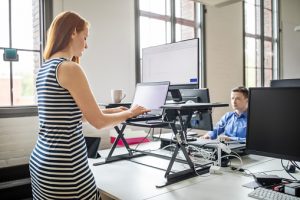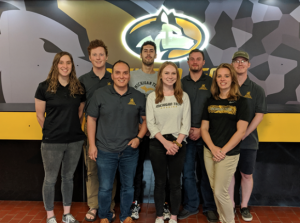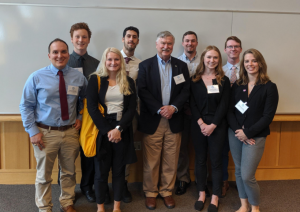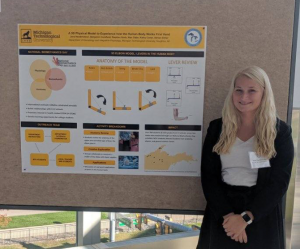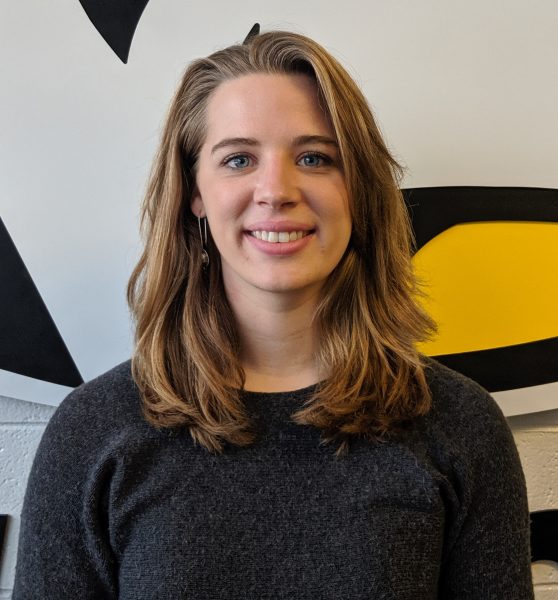
Congratulations to our PhD Candidate, Jessica Bruning, whose abstract was selected to be presented at the Experimental Biology Convention in April. Her abstract titled, ” Microbial Derived Short Chain Fatty-Acids and Autonomic Regulation of Cardiovascular Function” will be part of the Cellular and Molecular Basis of Autonomic Control session. This abstract will also be published in an upcoming FASEB Journal.
